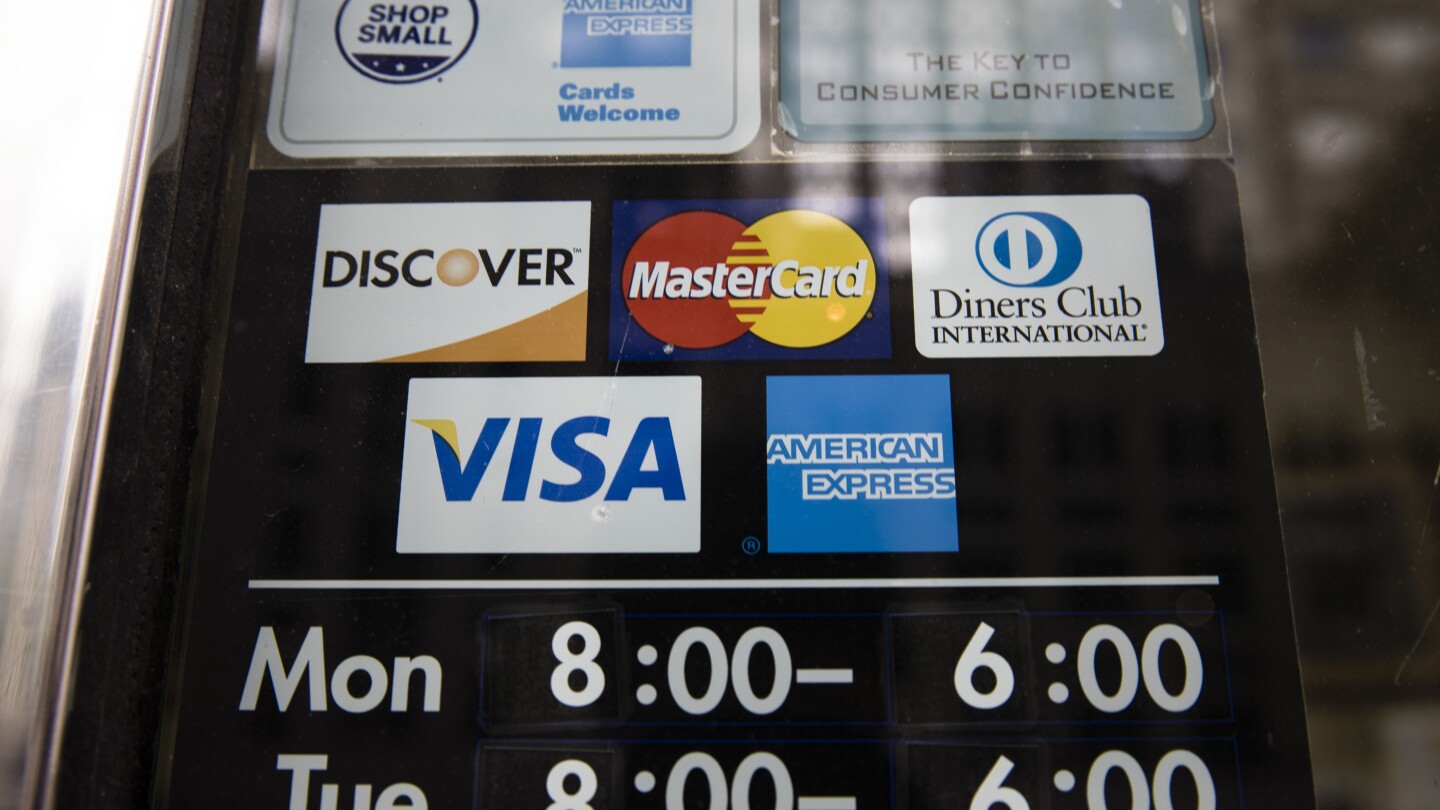While the U.S. economy is broadly healthy, pockets of Americans have run through their savings and run up their credit card balances after battling inflation for more than two years.
Experts worry that members of these groups – mostly lower- and middle-income Americans, who tend to be renters – are falling behind on their debts and could face further deterioration of their financial health in the year ahead, particularly those who have recently resumed paying off student loans.
“The U.S. economy is currently performing better than most forecasters expected a year ago, thanks in large part to a resilient consumer,” wrote Shernette McLoud, an economist with TD Economics, in a report issued Wednesday. “However, more recently that spending is increasingly being financed by credit cards.”
Americans held more than $1.05 trillion on their credit cards in the third quarter of 2023, a record, and a figure certain to grow once the fourth-quarter data is released by Federal Deposit Insurance Corp. next month. A recent report from the credit rating company Moody’s showed that credit card delinquency rates and charge-off rates, or the percent of loans that a bank believes will never be repaid, are now well above their 2019 levels and are expected to keep climbing.
…
Most analyses of Americans’ financial health tend to tell a tale of two consumers. On one side are the roughly two-thirds of Americans who own their homes and those who’ve invested in the stock market and done substantially well. They generally had the savings cushion necessary to weather high inflation. Delinquency rates on single-family homes remain at near historic lows and home prices have continued to climb.
But for the rest of America, things are looking rough.



If 2/3 of people can afford to pay the higher prices for basic necessities and 1/3 cannot it’s not difficult to see the direction things will move.
In capitalism agency=price discrimination and when some people are willing to pay 300% for potatoes and milk the people who cannot are SOL, and increasingly so as things progress. Obviously the manufacturers will set the price to wherever they’re profiting the most. This is also why inequality throws a wrench in the myth of well functioning capitalism.
Either governments need to step in or people who can afford to pay 300% need to refrain on principle (the latter seems pretty unlikely on a mass scale).
We couldn’t even get people to wear masks during a pandemic. You think we can get people to stop buying shit they can afford at extortion rates? GPU market already shows how that worked.